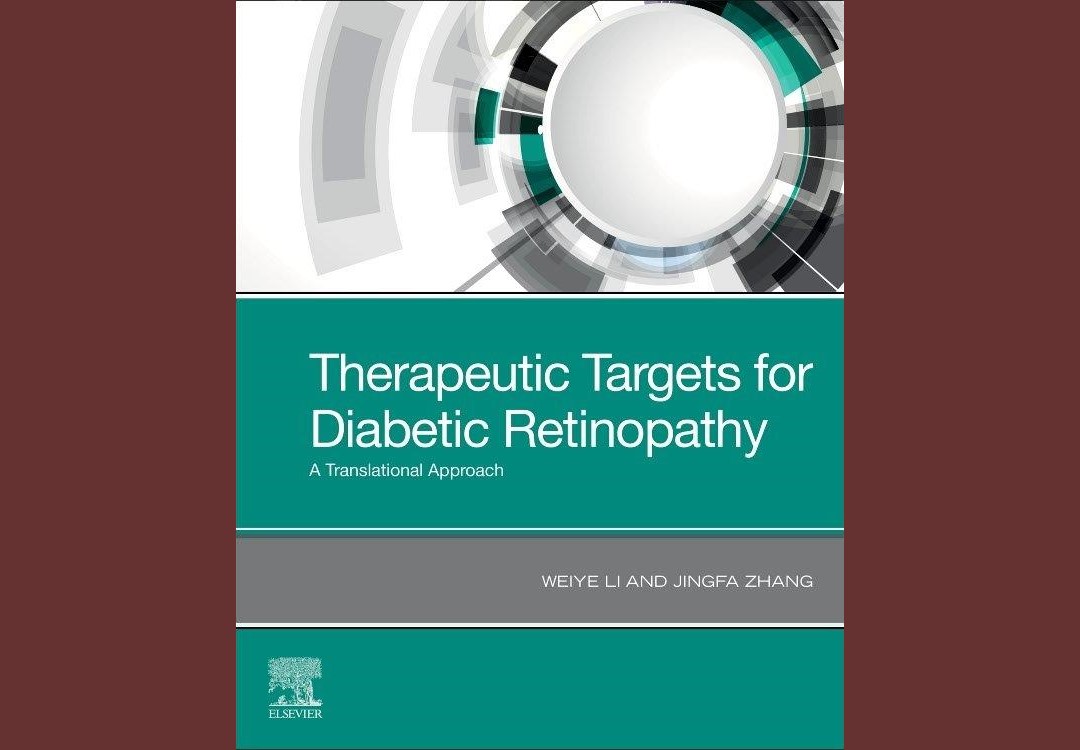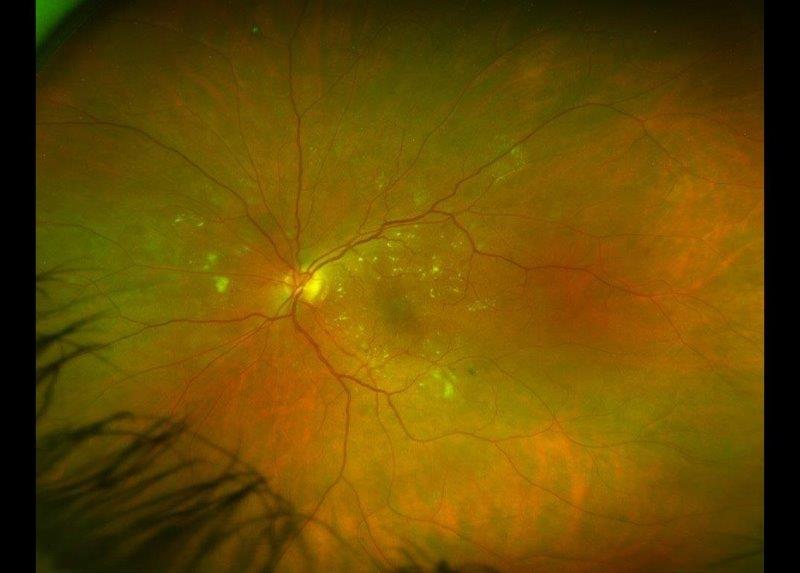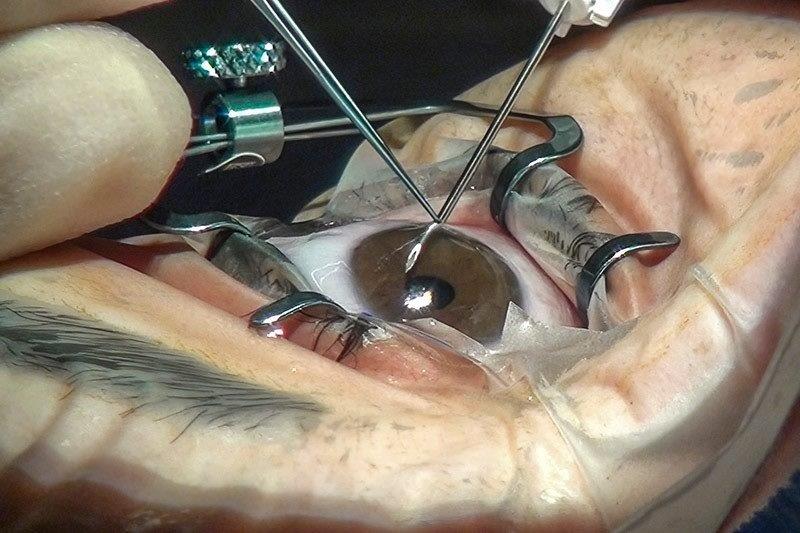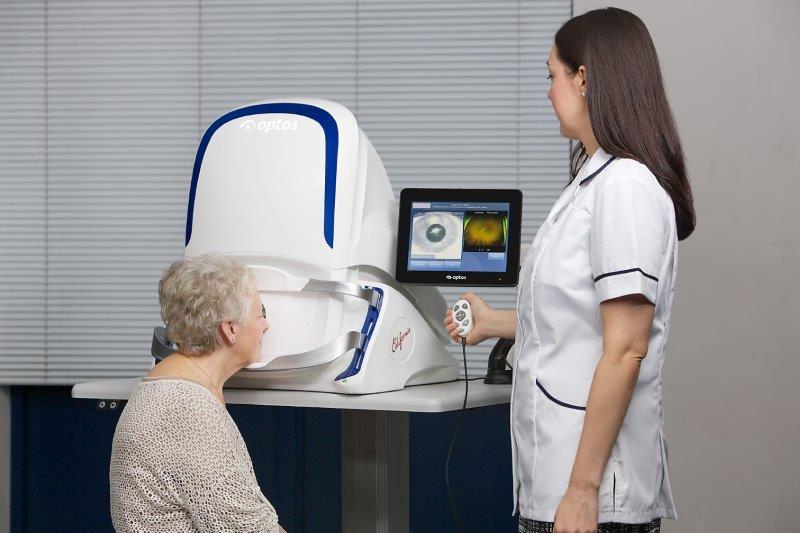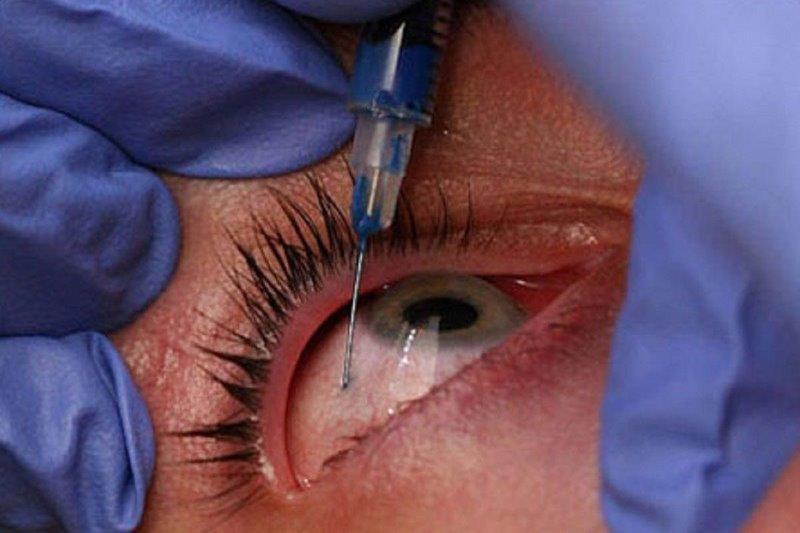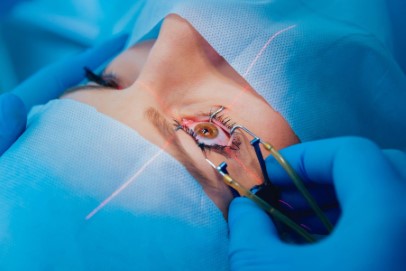Trump’s foetal tissue ban “a step back for science”
The scientific community has erupted in protest against US President Donald Trump’s abrupt halt on foetal tissue research, calling it a “step backward for science” and a mis-guided effort to appease pro-life supporters on home soil.
Georgetown University public health law professor Lawrence Gostin told The New York Times the ban “is akin to a ban on hope for millions of Americans suffering from life-threatening and debilitating diseases.”
University of California (UC) president Janet Napolitano, whose university had a research contract cancelled in the wake of the ban, said the move “dealt a blow to scientific discovery and medical advancement.”
UC chancellor Professor Sam Hawgood said the move would “undermine scientific discovery and the ability to find effective treatments for serious and life-threatening disease.” He added the action “ends a 30-year partnership with the NIH to use specially designed models that could be developed only through the use of foetal tissue to find a cure for HIV [...] We believe this decision to be politically motivated, shortsighted, and not based on sound science.” The university would collaborate with other universities, science associations and affiliated organisations, to advocate for sustained federal funding of foetal tissue research, he added.
The reaction follows the announcement by the Trump administration on 5 June that it was halting foetal tissue research by government scientists and imposing new restrictions on NIH-funded research using foetal tissue.
This tissue, harvested from elective abortions, has unique biological properties and plays a key role in research into eye disorders, vaccines, human growth and development, regenerative medicine and many other fields. This includes research aimed at discovering cures for illnesses including eye disease, Alzheimer’s, Parkinson’s, rheumatoid arthritis, spinal cord injury and HIV.
Napolitano said foetal tissue research had fundamentally changed the practice of medicine - including advances in polio, measles and chickenpox vaccines. “The importance of foetal tissue research cannot be overstated, and today’s action is a step backward for science,” she said. “The University of California will continue to fight for the critical lifesaving research that Americans have come to expect and rely on from our nation’s scientific community.”











